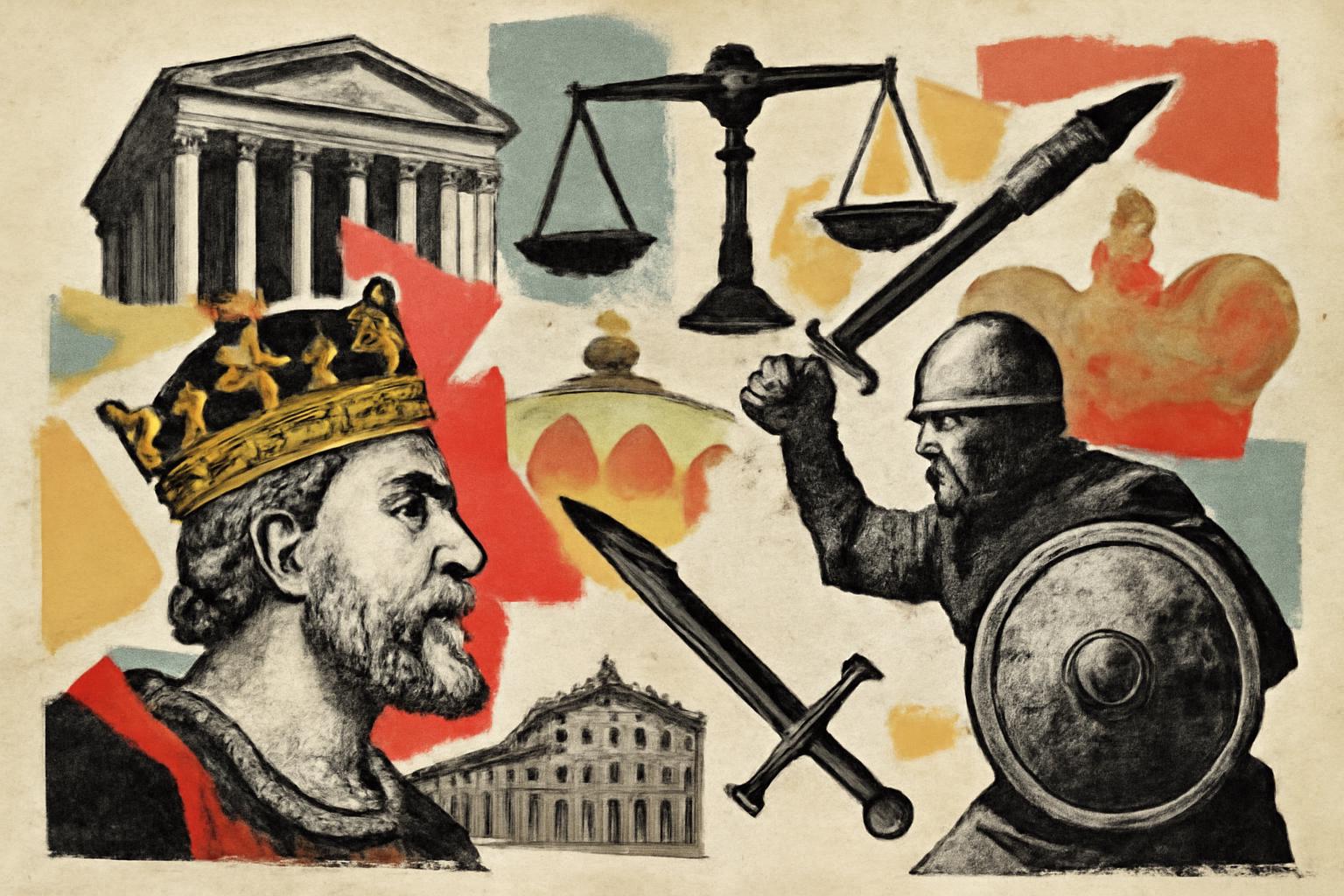The move to remove Paetongtarn Shinawatra and press the entire cabinet to resign is a stark reminder of how quickly political authority can centralize control in a single institution and then wield it as a tool of factional power, not as a neutral guardian of rights. A court that can topple premiers at will, on vaguely defined “ethical” grounds, normalizes the idea that political leaders exist to be judged, not to be trusted as guardians of individuals’ lives and property. It also shows how dynastic politics—where families endure as power brokers across generations—can persist precisely because the state offers a convenient mechanism to rearrange leadership without addressing the underlying incentives that make politics a zero‑sum game. The border clashes with Cambodia and the displacement that followed only underscore how the state’s monopoly on force and foreign policy invites extensive harm when decision-making is concentrated in a small, politically maneuverable circle.
From Hayek’s vantage, the core danger is the centralization of power and the substitution of discretionary edict for general, predictable rules. The rule of law, for Hayek, means laws that human beings can adapt to without bending to the caprice of rulers or the appetite of factions. Here, the idea that a court can unseat a premier on contested ethical grounds—and trigger a cascade of cabinet resignations—illustrates a drift from general principles to ad hoc political policing. The instability that follows feeds uncertainty, undermines long-run investment, and erodes the peace of the spontaneous order that a free society requires to prosper. The real safeguard, in Hayek’s terms, would be a legal framework that limits political discretion, protects contracts and property under impersonal rules, and keeps public power from being exercised as a weapon to settle rivalries rather than to secure rights.
Rand’s lens sharpens the critique further into the moral core of political power. For Rand, the individual is the ultimate moral agent, not a cog in a political machine. A case that legitimizes replacing leaders through a judgment about “ethics”—and that treats a single family as a recurrent reservoir of political legitimacy—illustrates the collectivist impulse that Rand rejects. The language of betrayal, “enemy” labels, and loyalty to a state that wields coercive power against individuals boils down to coercive collectivism dressed up as moral accountability. The person is not primarily a citizen to be judged by the state’s standards of proper conduct; the person is an individual whose rights should be protected from initiation of force. The implication is clear: any system that legitimizes the unilateral ouster of leaders by a political caste erodes individual rights and invites moralistic coercion as a regular tool of governance.
Nozick’s framework sharpens the issue of rights and the proper scope of a minimal state. The entitlement theory rests on the protection of rights from force, theft, and fraud, and it constrains political power to its single rightful function: protecting individuals from aggression and violation of their property rights. Turning a court into a mechanism that routinely knocks rulers off their perches—on grounds that amount to “ethical breaches” framed by the political class—is exactly the kind of expansive jurisdiction Nozick warned against. It exercises coercive power over the leaders and, by consequence, over all those who bear the costs of abrupt political upheaval. A minimal state would resist such interventions, not expand them; it would focus on protecting rights, not on policing the moral sentiments of the ruling class or fabricating crises that justify intervention.
What does this teach us about liberty in practice? First, reduce the power center. A libertarian order would insist on limiting who can wield coercive authority, constraining the judiciary and the executive to their rightful protective roles, and preventing the machinery of state from becoming a perpetual mechanism for reassigning political control. Second, defend a rule-based order instead of political policing. The law should be general, abstract, and predictable—so people can plan and trade without fear that a future court or cabinet will rewire their lives on the basis of shifting political commands. Third, resist dynastic and factional captures of state power. If rulers ultimately depend on the coercive backing of the state to maintain control, the incentives for corruption and conflict multiply; decentralization, empowering voluntary associations, and safeguarding property rights are the antidotes to perpetual political handoffs. Fourth, withdraw from militarized foreign policy as a principle of statecraft. War-making, border skirmishes, and evacuation of civilians are tragic costs that reveal the state’s appetite for risk when the logic of force dominates commerce and travel. A freer, more peaceful order emerges when neighbors are bound not by coercive diplomacy but by voluntary exchange, mutual respect for contracts, and a non-aggression principle that limits state behavior.
In the end, the event is not a validation of political virtue but a cautionary tale about the moral and practical limits of centralized power. If you want a society that actually respects individual rights—where people can live, trade, and reason without being subject to the latest “ethical breach” ruling or the next cabinet reshuffle—then you need a constitutional architecture and a political culture that faithfully implement Hayek’s rule of law, Rand’s insistence on individual dignity, and Nozick’s defense of a rights-preserving state. Anything short of that—the consolidation of power, the moral policing of leaders, the cyclic coups—drags humanity back toward the coercive vortex from which libertarian theory insists we should escape.
